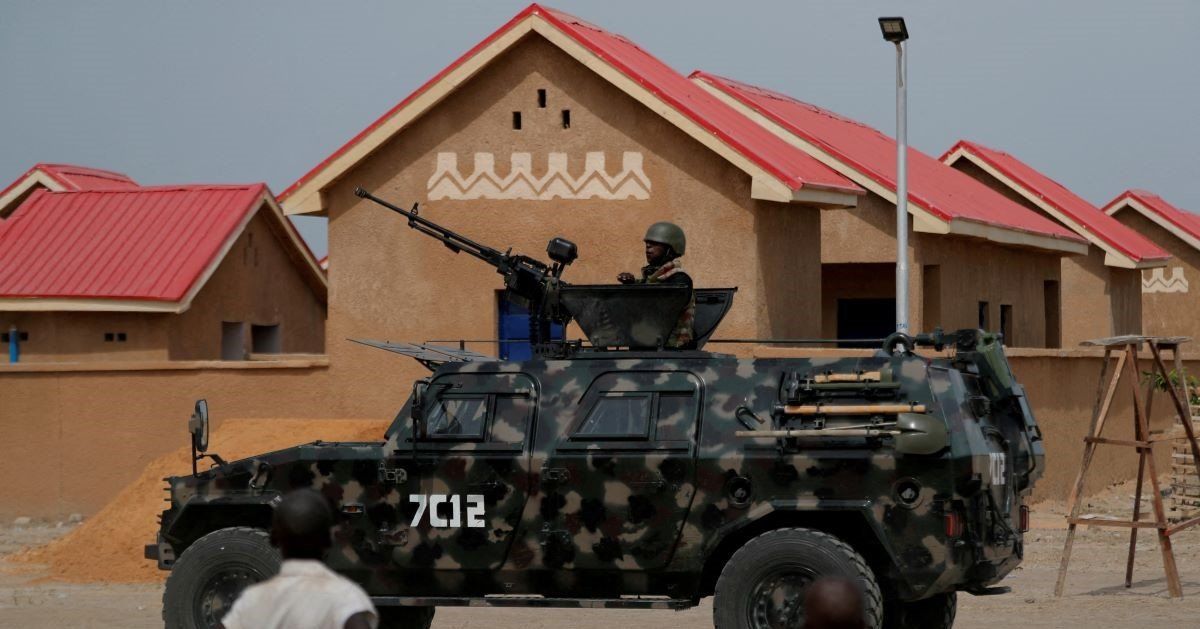There has been a rise in attacks in northeastern Nigeria by Boko Haram and a rival group called the Islamic State West Africa Province, spurring concerns that jihadists might be making a strong return in the region. At least 22 people were killed in attacks over the weekend in the northeastern states of Adamawa and Borno, and another 26 died on Monday when a bomb exploded in two vehicles in Borno.
According to the Institute for the Study of War, Salafi-jihadi groups are gaining strength in parts of Nigeria beyond their usual strongholds in the northeast. In the north-central and northwestern regions, these groups are linked to Boko Haram, al-Qaida, and Islamic State branches in West Africa.
Why it matters? Jihadist groups in Nigeria are suspected of working to expand al-Qaida and Islamic State operations near the Gulf of Guinea and the Sahel – a major region economically, holding 2.7% of the world’s gas reserves and 4.5% of its oil.
Experts have been warning that weaker international and regional counterterrorism efforts were allowing terrorist groups to grow and increasingly cooperate, spreading instability across an already fragile, and economically critical, region.
